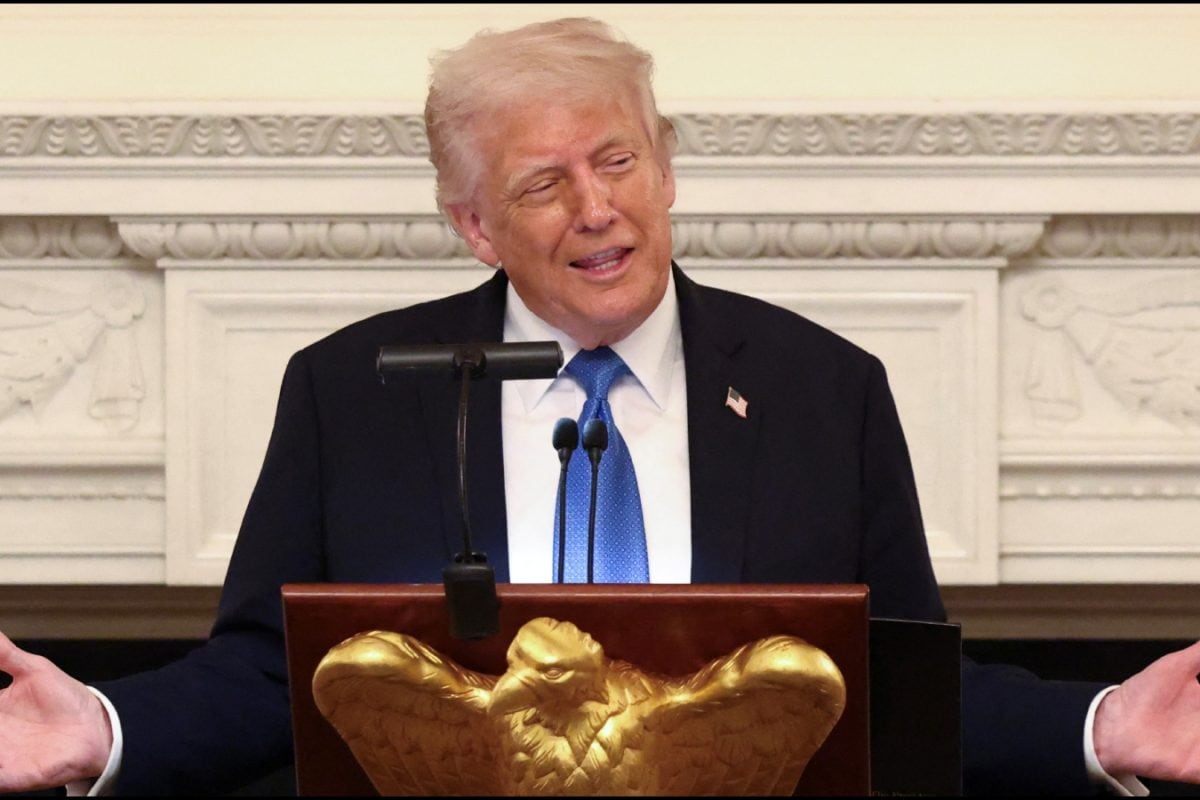

The Indian pharmaceutical industry is bracing for potential disruption following statements made by former U.S. President Donald Trump regarding tariffs on imported pharmaceuticals. Trump's announcement that he expects to impose significant tariffs on pharmaceuticals in the "not-too-distant future" has sent ripples through the sector, causing concerns among Indian drug manufacturers and triggering a decline in stock prices.
Trump's remarks, made at a Republican Party fundraiser, signal a potential end to the long-standing exemption of pharmaceuticals from broader U.S. tariff actions. This shift in policy could have major implications for countries like India, which are deeply integrated with the U.S. drug market. The move is ostensibly aimed at incentivizing pharmaceutical companies to shift manufacturing away from countries like China and back to the United States.
India is a key supplier to the U.S. pharmaceutical market. In FY24, the U.S. accounted for $8.7 billion of India's total $27.9 billion in pharmaceutical exports, according to the Pharmaceuticals Export Promotion Council of India. More than 45% of the generic drugs used in the U.S. are manufactured in India, and Indian companies also supply around 15% of the biosimilars consumed in the U.S. Industry leaders such as Sun Pharma, Dr Reddy's, Aurobindo Pharma, Zydus Lifesciences, and Gland Pharma derive a significant portion of their revenues from the American market.
The potential tariffs have sparked concerns that Indian pharmaceutical companies may have to absorb increased costs, potentially impacting their profitability. While the long-term effects remain uncertain, analysts suggest that the industry may need to develop strategies to diversify export markets and establish more geographically distributed manufacturing hubs to mitigate future risks. Some experts believe that the tariffs could ultimately drive up drug prices for U.S. consumers. They argue that while some branded production might gradually shift to the U.S., a significant increase in generic production within the country is unlikely.
The announcement follows Trump's recent remarks on tariffs in the tech sector, where he suggested new tariffs on imported semiconductors. This raises questions about the future of exemptions for smartphones and computers as Trump moves to reshape trade policies in critical industries. The U.S. imported $213 billion worth of medicines in 2024, more than two and a half times the total from a decade earlier, highlighting the scale of the market at stake.
The Indian government, along with industry representatives, has been working to resolve trade disputes with the United States and finalize a Bilateral Trade Agreement (BTA). However, Trump has made it clear that India will not receive any exemptions from his tariff policies, leaving the Indian pharmaceutical industry vulnerable to the impending changes. The situation remains dynamic, and the industry is closely monitoring developments to assess the full impact of the proposed tariffs and formulate appropriate responses.